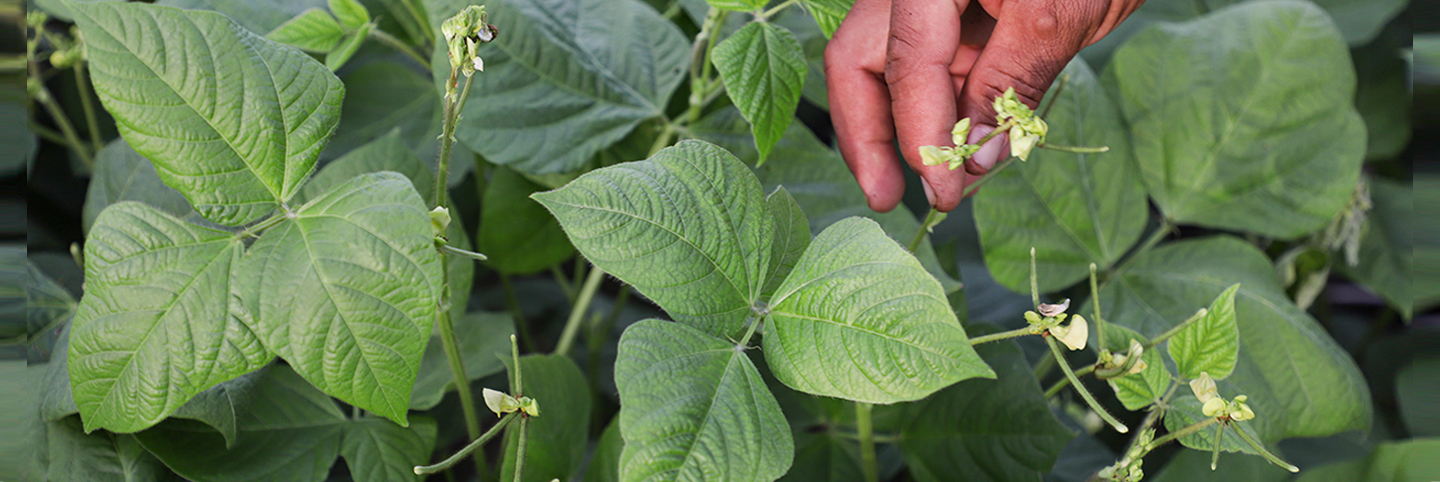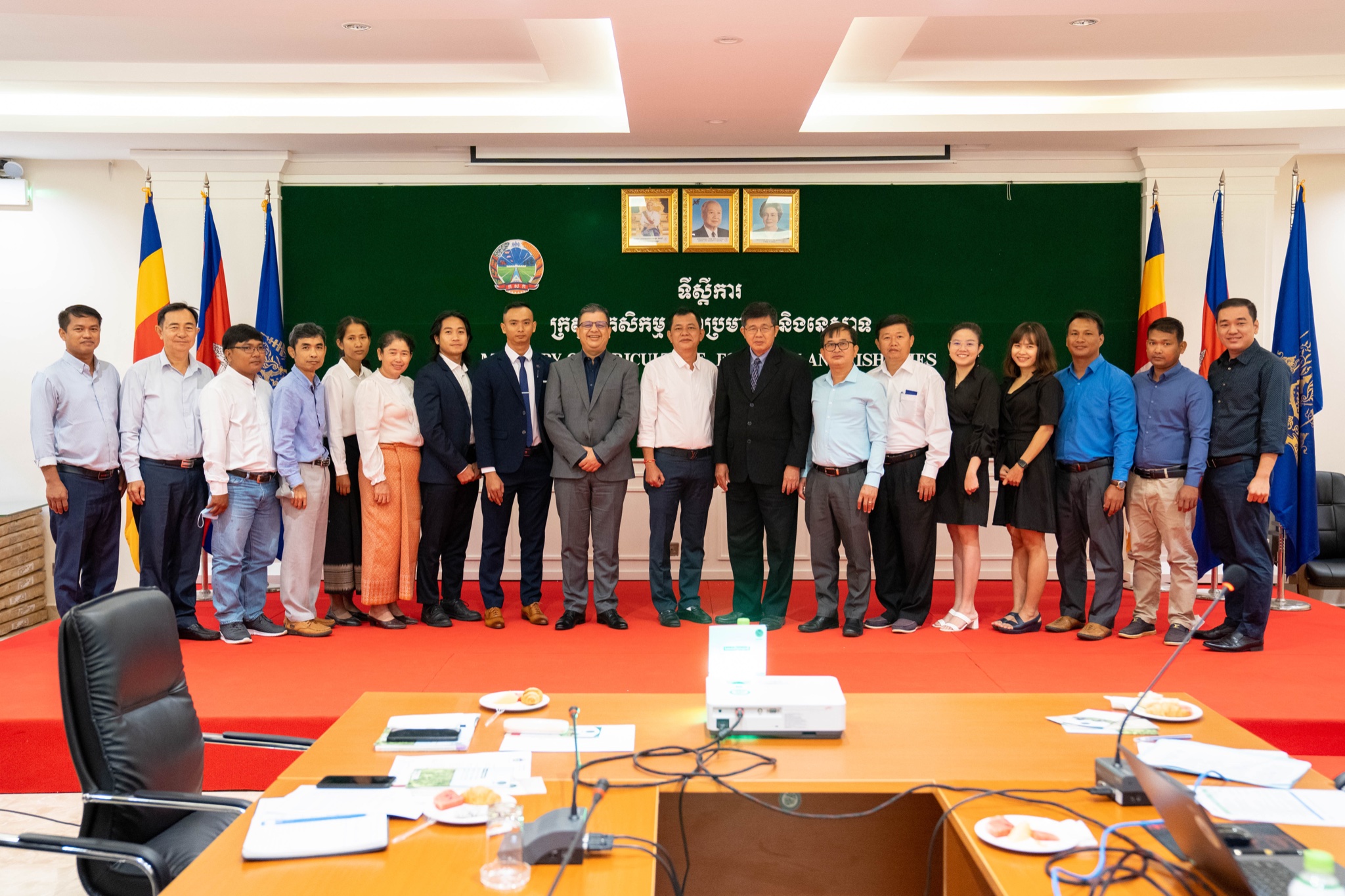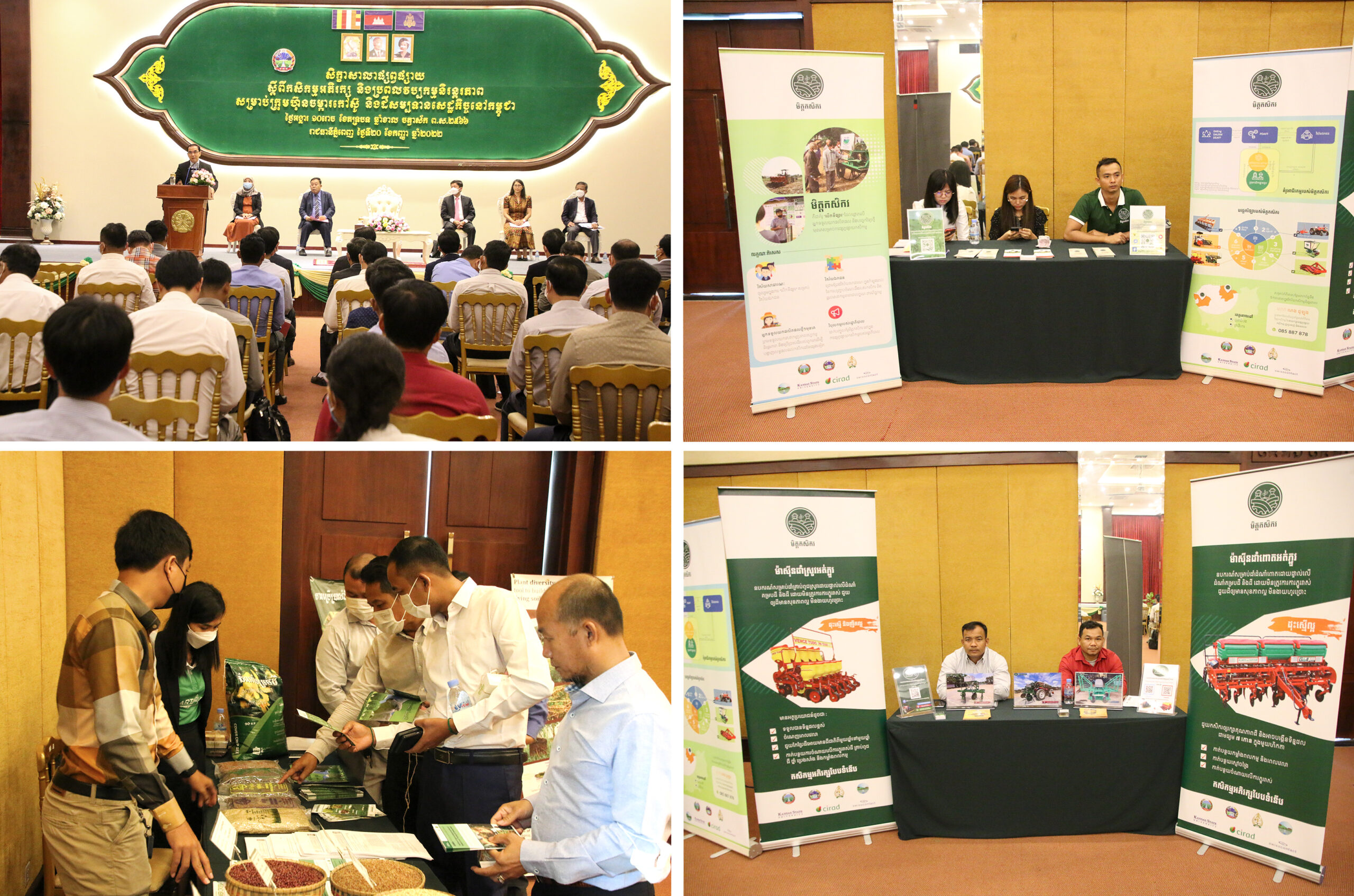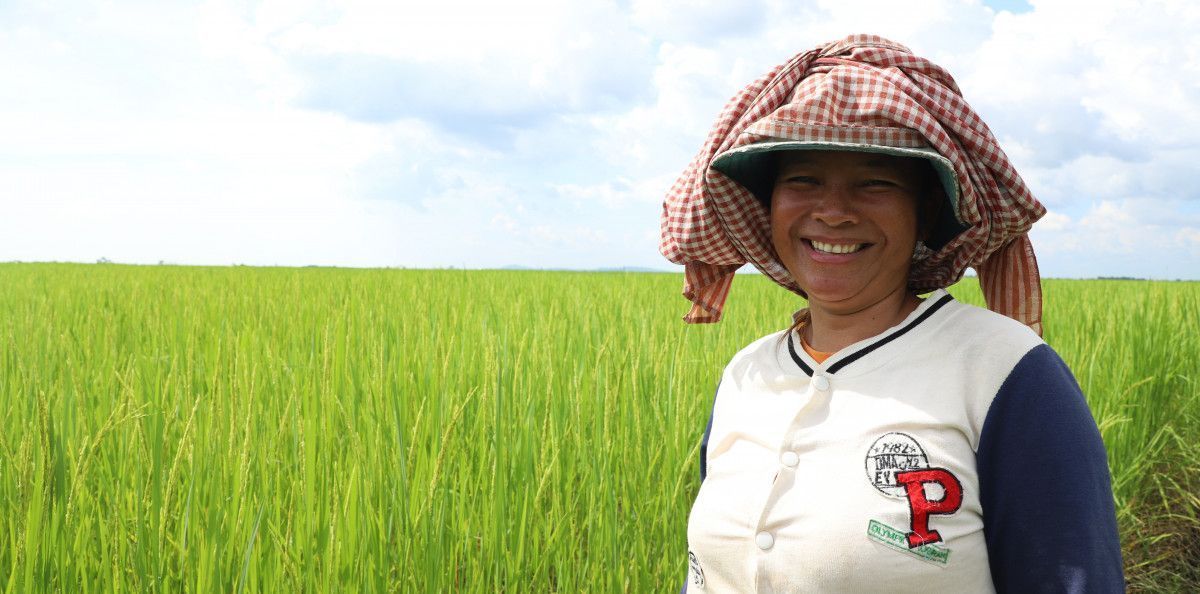Empowering Cambodian Agriculture Officials to Promote Regenerative Agriculture through MetKasekor
Community |
In early 2023, Conservation Agriculture Research and Development Center (CARDEC) in collaboration with CIRAD and Swisscontact, conducted a refresher training for Preah Vihear's Provincial Department of Agriculture, Forestry and Fisheries (PDAFF) on the MetKasekor Model and Conservation Agriculture practices. A follow-up session for PDAFF officials in Battambang province is planned for mid-2023, in collaboration with local partners. The objective of the training was to provide additional guidance on each step of the MetKasekor model and update knowledge on Conservation Agriculture practices. The training also aimed to discuss challenges, solutions, and other relevant topics that PDAFF had encountered during the previous year's project's piloting.
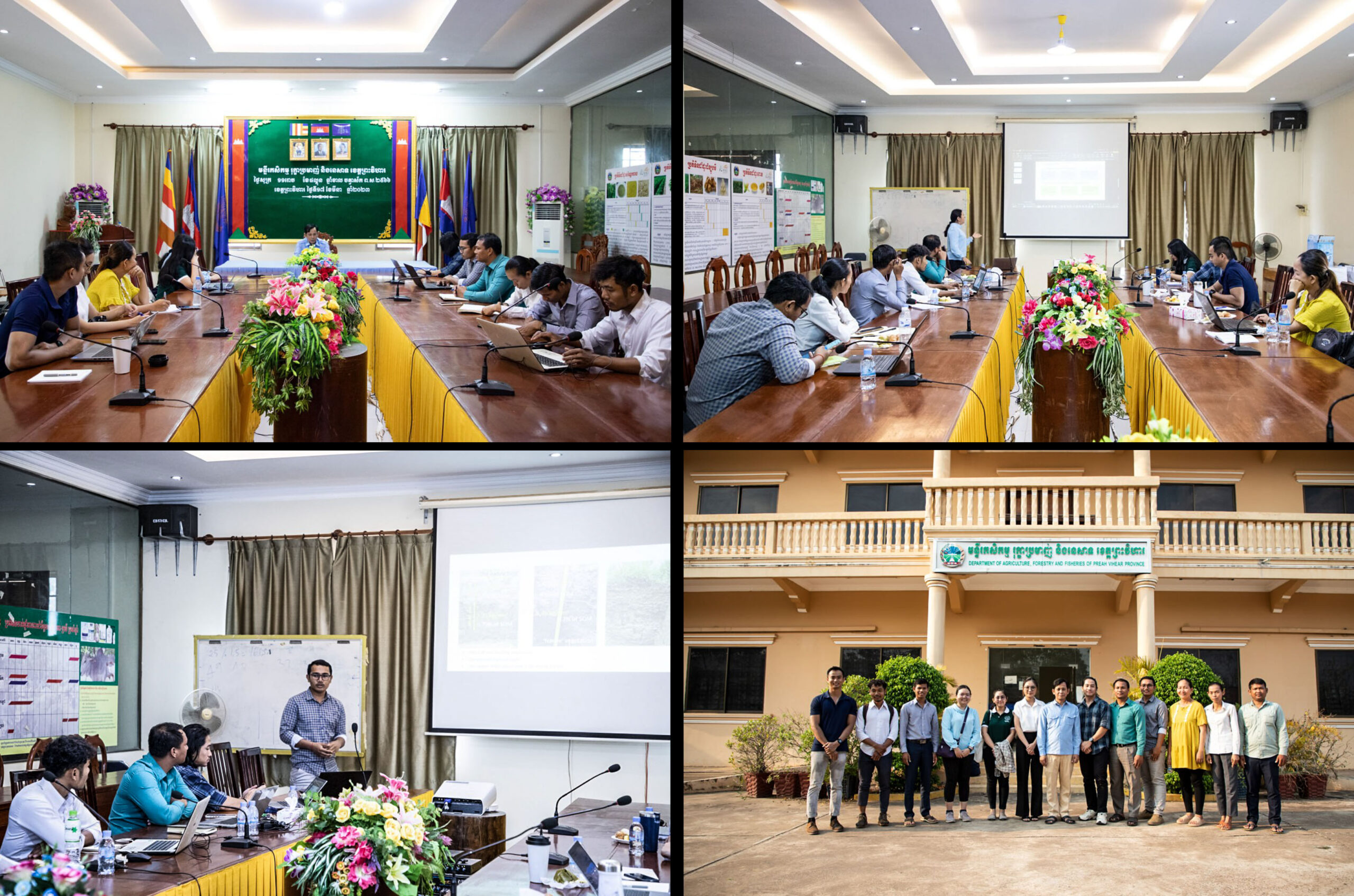
Thirteen participants attended the training, including government officials from PDAFF, Water Resource Management and Agro-ecological Transition for Cambodia (WAT4CAM), Agroecology and Safe Food System Transitions (ASSET), and Swisscontact. The facilitators started the session by introducing the objective of the training and highlighting the importance of promoting sustainable agriculture in Preah Vihear province.
One of the critical aspects of the MetKasekor model is the transfer of knowledge from officials to smallholder farmers in the province. With the updated knowledge and practical guidance provided in the training, PDAFF officials are now better equipped to convince smallholder farmers to adopt sustainable agriculture practices.
"This refresher training is important for us to improve our knowledge, skills, and confidence in promoting sustainable agriculture practices. By promoting the benefits of the MetKasekor model and Conservation Agriculture practices, officials can persuade smallholder farmers to adopt these practices, which can increase productivity and ensure environmental sustainability in the long run."
Said Deputy Director of Preah Vihear PDAFF, Mr. Srun Borin.
The training comprised two segments: the first emphasized a comprehensive understanding of the MetKasekor model, delineating each step such as identifying potential agriculture cooperatives, farmers, and service providers, demand creation, field showcase, commercial demonstration, annual meeting, and promotional meeting, along with guidance on effective implementation. The second segment concentrated on Conservation Agriculture practices, updating PDAFF officials on contemporary knowledge and techniques, including soil conservation, intercropping, crop rotation, and minimum tillage. This knowledge aimed to encourage officials to incorporate these practices into their projects, thereby enhancing soil health, crop yield, and environmental sustainability.
The training culminated with participants sharing their experiences and addressing challenges related to MetKasekor model implementation while proposing practical solutions and recommendations. A subsequent refresher course for PDAFF officials in Battambang province is also scheduled, in partnership with local organizations. This session will emphasize the practical application of the MetKasekor model and Conservation Agriculture practices, promoting sustainable agriculture to benefit smallholder farmers and the environment within the province.
MetKasekor is an innovative extension model. MetKasekor focuses on opening the market for private-sector investments. The model is a government resource for the future to improve the public agricultural extension service system in Cambodia.

